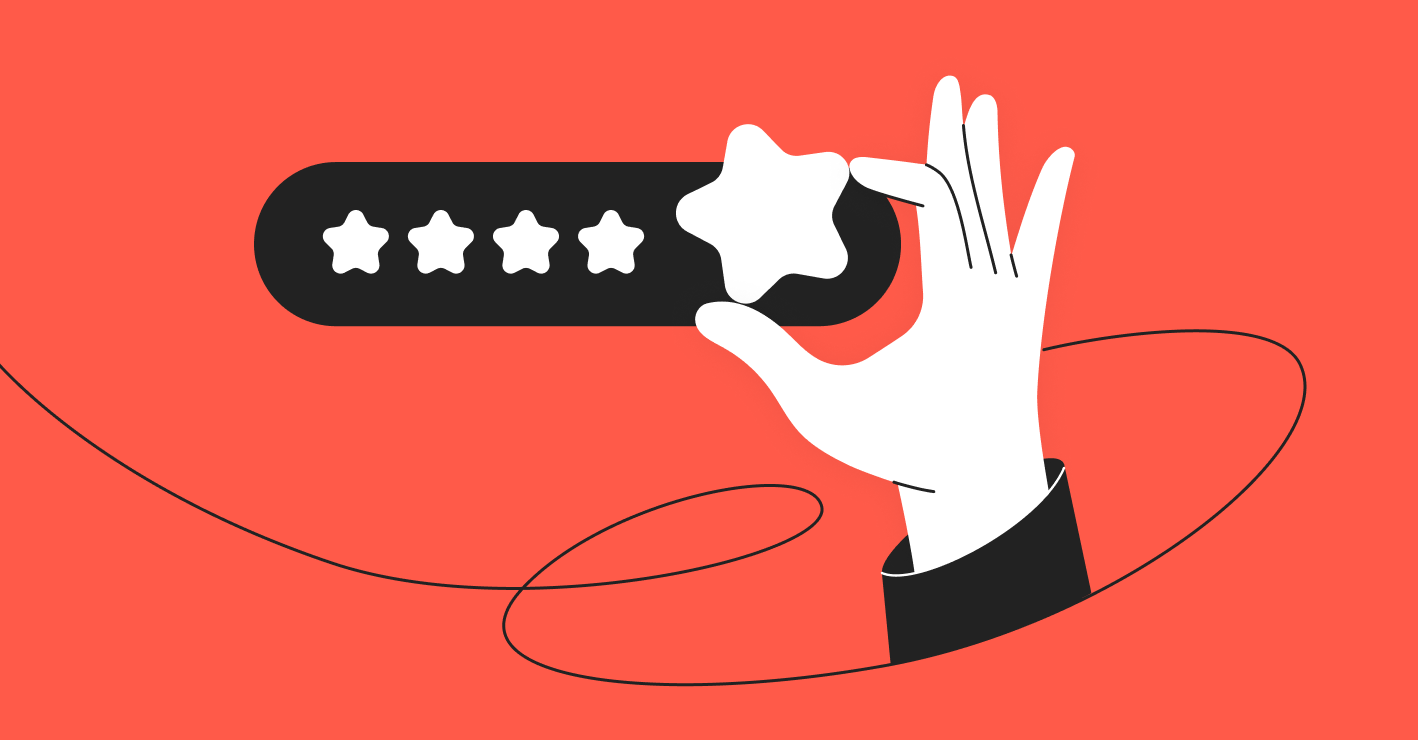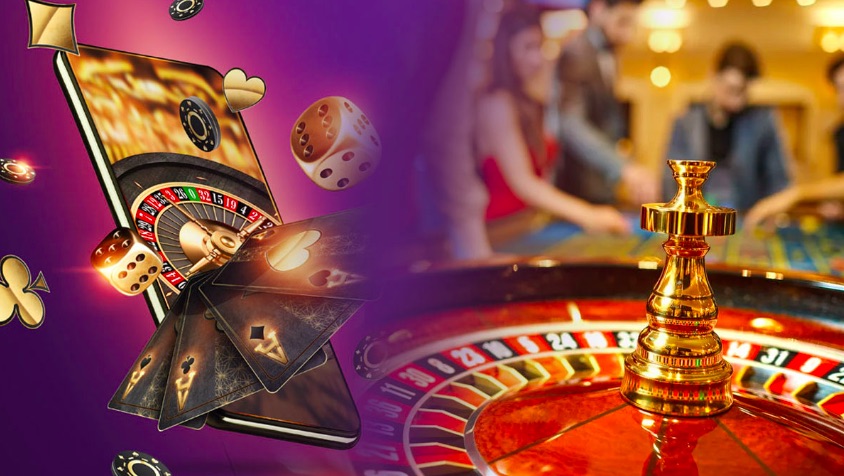Numeration On Luck: The Math, Myths, And Rabies Behind Drawing FebrilityNumeration On Luck: The Math, Myths, And Rabies Behind Drawing Febrility
Every week, millions of populate around the globe line up to buy drawing tickets, hoping to walk out it rich overnight. The tempt of turning a unpretentious investment funds into a life-changing fortune is overwhelming. But beneath the aglitter dreams lies a complex interplay of mathematics, science myths, and sometimes trend rabies that fuels what is commonly called lottery febrility. Understanding these dimensions not only demystifies the lottery madden but also offers insights into homo demeanor and -making.
The Mathematics of the Lottery: Odds That Defy Intuition
At its core, a lottery is a game of governed by chance. The odds of winning a kitty are astronomically low. For instance, the odds of successful the Powerball pot in the United States are about 1 in 292 trillion. To put this into perspective, you are far more likely to be struck by lightning or become a motion-picture show star than to hit the jackpot.
These odds come up because a drawing draw involves selecting a particular of numbers pool from a vauntingly pool. If a lottery requires choosing six numbers racket from 1 to 49, the summate possible combinations are premeditated using combinations math:
This means only one victorious fine exists among nearly 14 billion possibilities. Despite these raw odds, millions play, hoping for that one in a million chance.
The Mythology of Luck and the Gambler s Fallacy
Human beings have an unconditioned want to find patterns and substance, especially when it comes to events. This has given rise to a plethora of myths and superstitions around the lottery. Players often believe in”lucky numbers pool,” hot and cold digits, or that certain rituals can determine their chances.
One park psychological feature trap is the Gambler s Fallacy the feeling that past outcomes regard hereafter events in mugwump trials. For example, if the total 7 hasn t appeared in Recent epoch draws, a participant might think it s due to show up soon. In reality, each lottery draw is fencesitter; previous results do not influence the next.
Other myths postulate numerology, star divination, or personal milestones, none of which involve the real chance. These beliefs ply comfort and a feel of control but at last do not step-up the chance of winning.
The Psychology of kikototo Fever: Why People Play Despite the Odds
What drives millions to buy drawing tickets despite the near-impossible odds? The do lies partly in psychological science and partially in appreciation and sociable factors.
Hope and Fantasy: Buying a fine allows people to . It opens the door to imagining a drastically different life no debts, lavish vacations, business exemption. This hope provides an emotional wages regardless of the termination.
Small Investment for Big Reward: A dollar or two feels like a moderate price for a chance at big wealth. This low barrier to entry encourages take over play.
Social Influence: Lottery winners often receive solid media tending, showcasing stories of instant wealth and philanthropic gift. This social proofread reinforces the belief that winning is possible.
Cognitive Biases: Humans tend to overestimate rare formal outcomes due to the handiness heuristic rule vivid stories of winners sting in retentivity more than millions of quiesce losings.
Madness or Entertainment? The Societal Impact
For some, drawing fever tips into trouble gambling, leadership to commercial enterprise rigourousnes. While lotteries put up substantial tax income to world causes like breeding and substructure, critics argue they regard lour-income groups, who may pass a high share of their income on tickets.
Conversely, for many, playing the lottery is a harmless form of amusement, a sociable ritual that offers exhilaration and distributed hope.
Conclusion: Balancing Dreams with Reality
Lottery fever is a entrancing blend of mathematics, myth, and man psychology. While the math makes clear that the odds are irresistibly against any someone player, the myths and emotional allure keep the sensitive. Recognizing the true nature of drawing odds and the cognitive biases at play can help populate make enlightened decisions appreciating the drawing as amusement rather than a trustworthy investment funds.
After all, reckoning on luck is a gamble in itself, and wise the rules of the game is the best way to play hurt.


